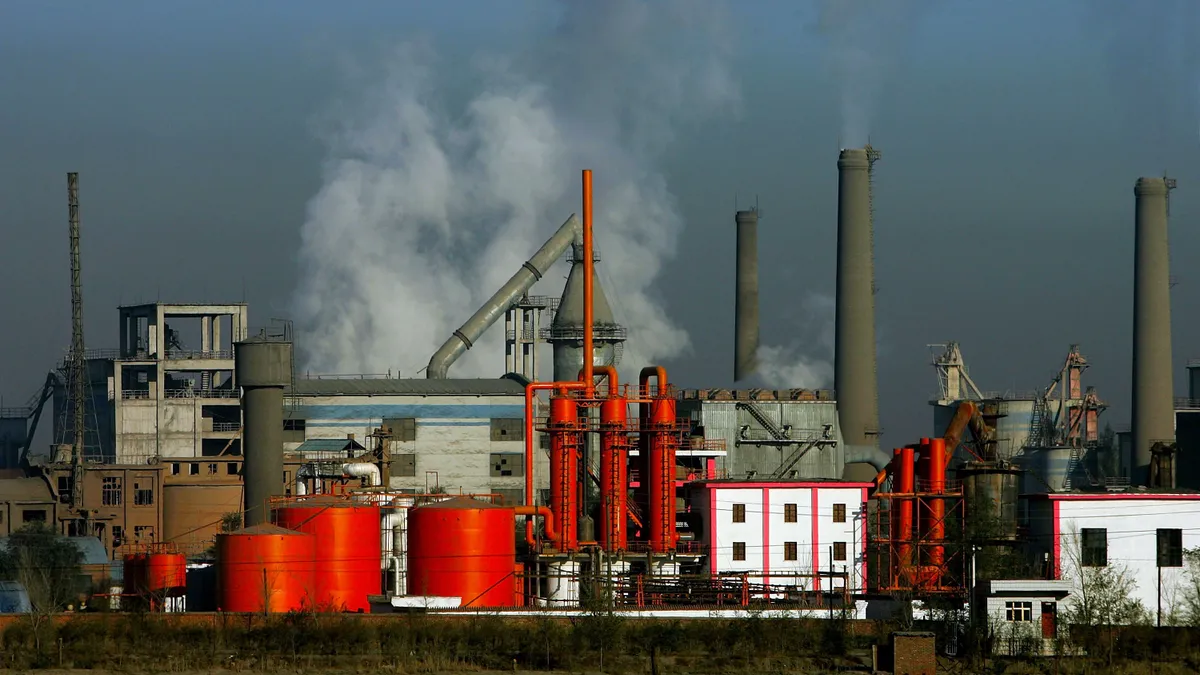Dive Brief:
- Automakers are facing questions from a U.S. Senate committee over potential forced labor in their supply chains following a December report that revealed exposure to materials and components linked to the Xinjiang region of China.
- In letters to eight major automakers, Sen. Ron Wyden, D-Oregon, chair of the Senate’s Committee on Finance, cited “the Chinese government’s brutal oppression of Uyghurs” and wrote that “automakers cannot and should not sell cars in the United States that include components mined or produced in Xinjiang.”
- The committee sent letters to Honda, Ford, General Motors, Mercedes-Benz, Stellantis (owner of the Chrysler and Dodge brands), Tesla and Volkswagen late last month. Letters asked for details on the companies’ supply chain practices, with responses due by Jan. 13 at the latest.
Dive Insight:
The report that sparked the committee’s questions pointed to numerous areas of exposure to forced labor in automobile manufacturing supply chains, including materials such as steel, aluminum, glass and copper, as well as electronics, batteries, tires and wheels, and interiors.
The report came out last month from the Helena Kennedy Centre for International Justice at Sheffield Hallam University in the U.K. It identified 40 manufacturers in China’s automotive sector and another 50 international parts and carmakers that are either sourcing from the Uyghur Region or from companies that have accepted labor from state transfers of Uyghur workers.
As one example, the report pointed to Baowu, the largest supplier of steel in the world and the largest producer of the metal in the Uyghur Region. According to the report, the steelmaker has “prolifically” taken part in labor transfers through Chinese state programs and is “surrounded by cottage steel industries including an array of auto parts makers that source steel from Baowu, engage in labor transfers of their own, and export directly to global markets.”
Another 100 international manufacturers have “some exposure to forced Uyghur labor,” the report found.
The authors wrote that “human rights due diligence efforts to date have been incommensurate with the supply chain risks they face.” They pointed specifically to efforts and certifications that focus on links to materials mining, “but are comparatively blind” to processing and refining ore and the expansion of manufacturing of car parts in the Uyghur Region.
Sen. Wyden’s questions for automakers honed in whether the companies are mapping out their supply chains to find links to Xinjang and Uyghur labor programs.
“I recognize automobiles contain numerous parts sourced across the world and are subject to complex supply chains,” Wyden wrote in the letters. “However, this recognition cannot cause the United States to compromise its fundamental commitment to upholding human rights and U.S. law.”














